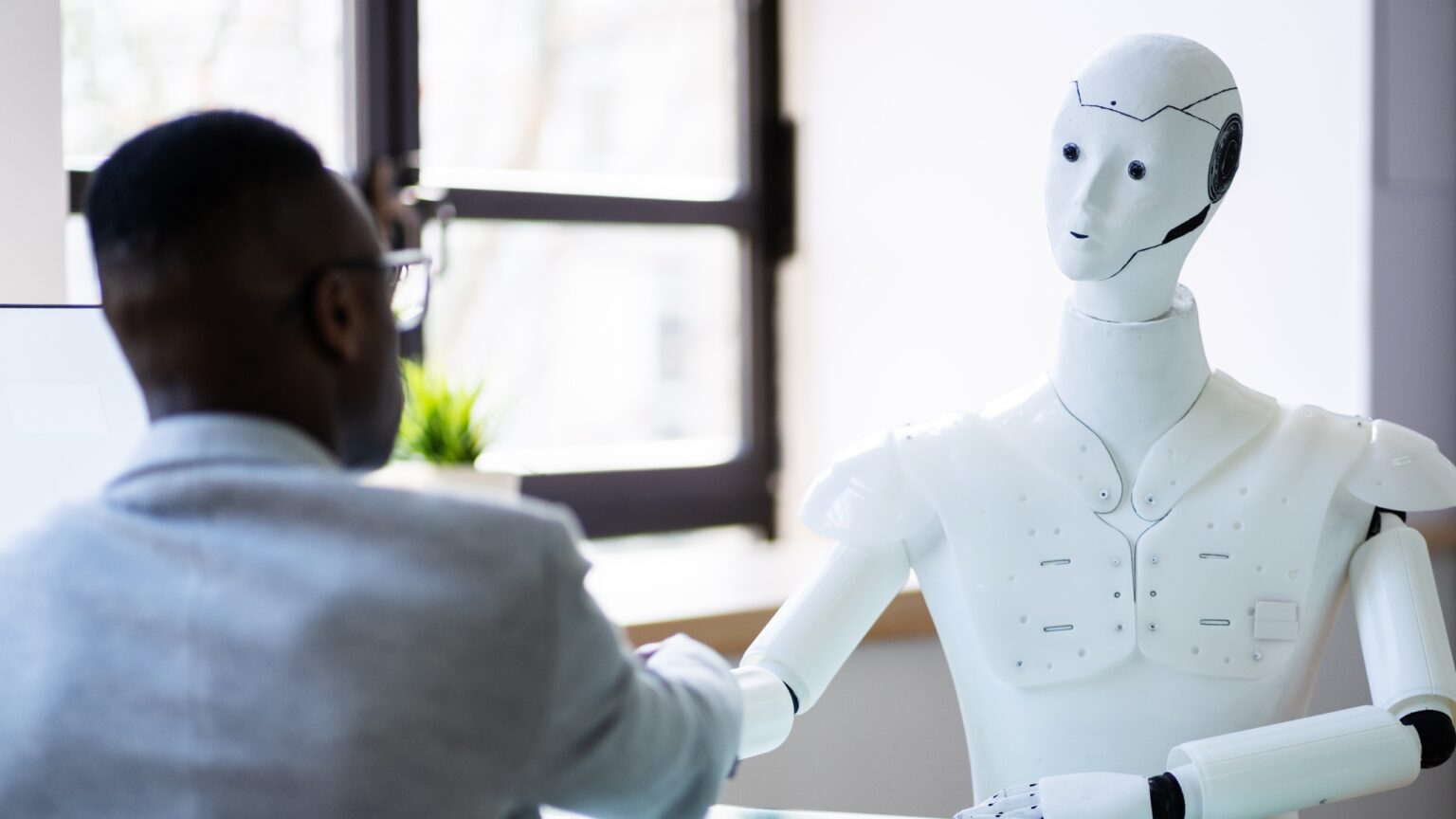As the AI revolution poses a threat to the job market, Australia’s Labor Party and Workers’ Unions want a new government body to manage its progress and protect employees at risk of losing jobs to the technology.
The party’s stance on AI emphasizes the protection of workers’ rights and a transition to new technologies, adopting a pragmatic and philosophical approach. The trade union-based party’s technology agenda has the full support of the Australian Council of Trade Unions (ACTU), that country’s peak union body.
While the introduction of AI and AI-related tools has brought economic opportunities, the Albanese administration has been struggling with balancing these opportunities compared to the negative impacts the tech might have on traditional industries.
Workers’ rights key
It looks like the Labor Party is already looking to discuss the implementation of a new policy at the annual conference scheduled for this month, according to an article by WAtoday. In its draft manifesto, the party has made it clear that workers’ rights are one of the main focuses for the party and that it will enact policies that protect them from the harmful effects of AI while fostering economic growth.
The article further indicates that the Science and Industry Minister Ed Husic has been collaborating with experts and businesses to develop a framework that could be used to govern the application of AI and AI-related technologies.
The Australian Council of Trade Unions (ACTU) has given its support towards the Labor Party’s plan of creating a body that will govern the AI revolution.
“That organization needs to be representative of workers and include the ACTU and relevant trade unions,” said ACTU assistant secretary Joseph Mitchell.
Also read: Tech Giants Join Forces to Develop AR & VR Standards
Agree to automation at workers’ peril
With its ability to perform tasks within a short space of time, AI undoubtedly also poses threats to the job market across sectors. A report released in March by Goldman Sachs shows that generative AI may affect up to 300 million jobs.
An estimated 46% of administrative roles and 44% in legal professions could be automated, according to forecasts. The impact spreads even to the art and entertainment industry where artists fear the tech hurts their employment prospects and livelihoods.
However, in a paper by the ACTU, where they warned about the dangers of AI, the trade union body also stated that AI technology if properly integrated into the existing industries, could yield many gains without replacing workers.
“If managed properly, new technologies and new ways of organizing work have a great potential to improve, rather than reduce inequality,” said ACTU.
“Workers facing changes in their workplaces due to automation or introduction of AI need to be consulted and ensure that any introduction is accompanied by a fair technological transition.”
They also reiterated that employers are liable for their employees if they decide to employ the use of AI technology given the massive digitization.
A nod from the tech sector
Kate Pounder, CEO of the Tech Council of Australia, which represents companies like Microsoft and Google, endorsed Labor’s pragmatic approach in a globe wrestling with AI’s potential to upend the employment landscape.
She also emphasized that historical patterns have revealed an underestimation of the ability of workers to adapt to technological improvements through upskilling and re-skilling, as well as the creation of new jobs.
“Historically we have overestimated the jobs we’d lose. And we vastly underestimated the ones we could create, as well as the training required to take advantage of the new jobs,” she said.
While some nations have established legislative restrictions on AI, Labor’s policy adopts a pragmatic stance and aims to strike the correct balance between upholding the public interest and encouraging Australia to become a leader in the field.
To ensure responsibility and reduce potential dangers, Minister Husic emphasized that the time of self-regulation for high-risk AI components is past. He also called for tighter frameworks.
Elsewhere, global leaders are also seized with debates around regulating the AI industry, which has the potential to transform economies, but in a manner that is safe for societies. In Europe, online platforms have been asked to label AI-generated content to protect users from misinformation, something that Australia has also considered.









 and then
and then